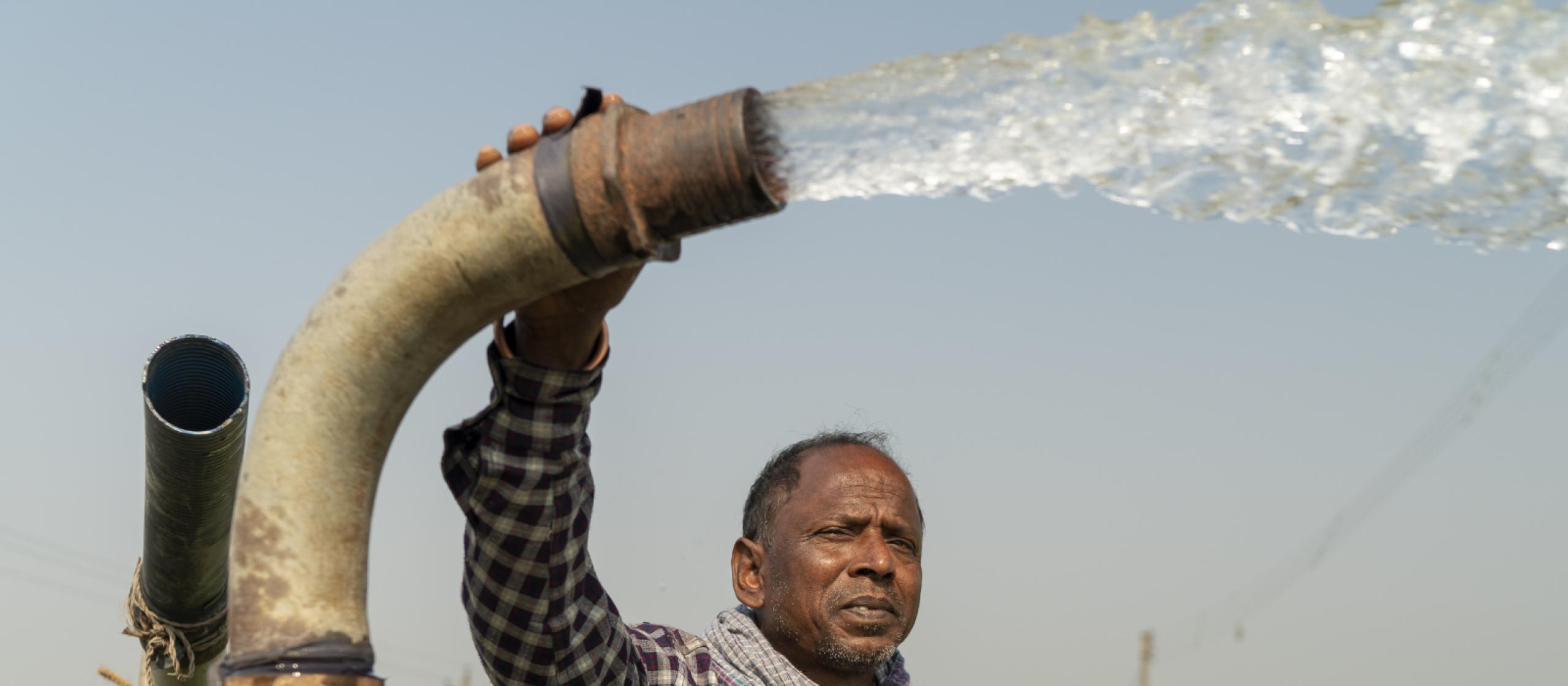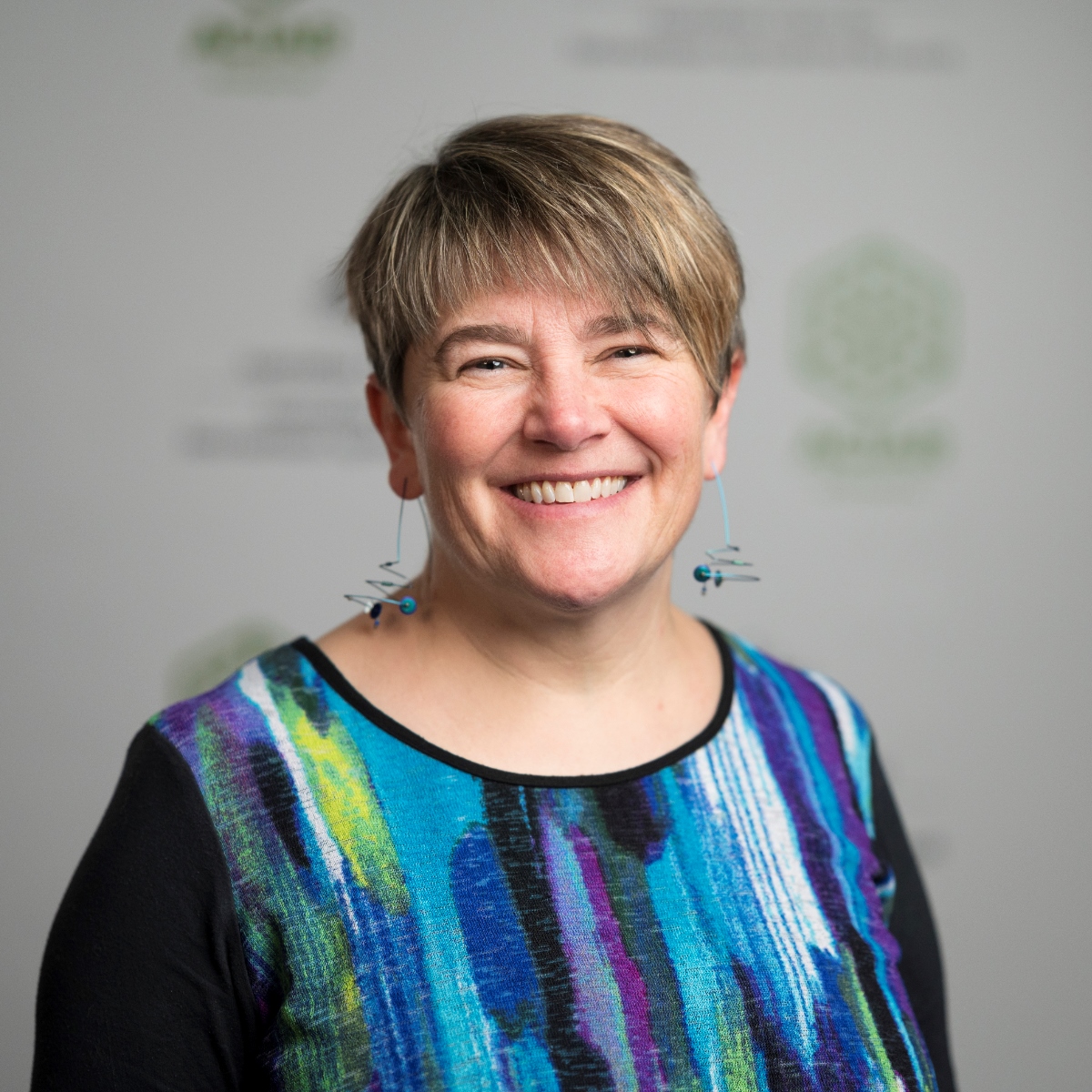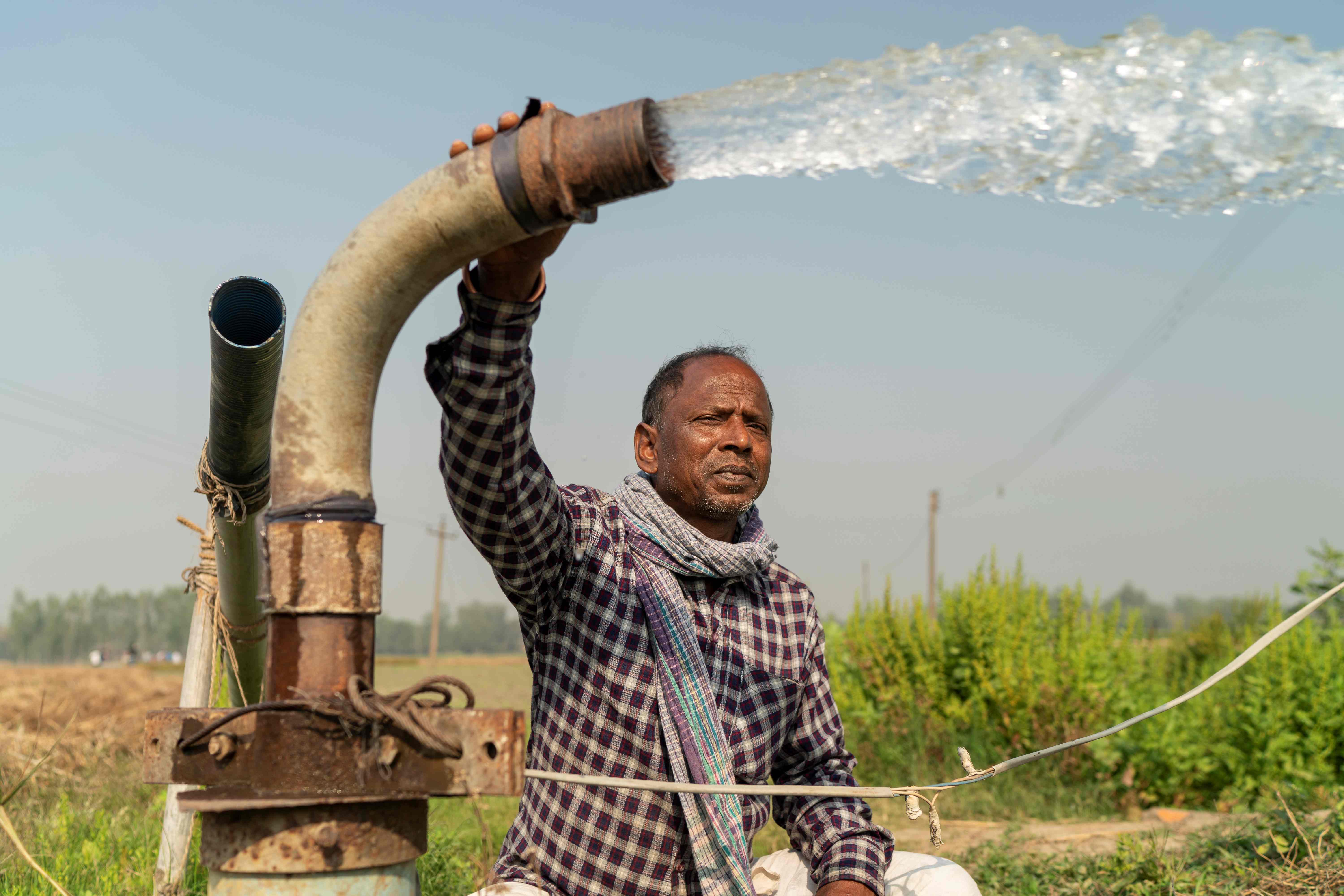Dr Doerr says that in planning programs and actions to adapt farming systems to climate change, it is becoming clear that a much broader set of skills and voices needs to be at the table. ‘
We need agricultural specialists co-planning with specialists in climate science, mitigation and adaptation, and we definitely need the experience and voices of communities themselves.
Dr Veronica Doerr,
ACIAR Research Program Manager, Climate Change
From an ACIAR perspective, much of this change-of-approach being discussed in international forums is already in place through the partnering principles and methodology underpinning project planning and implementation.
‘Our policy of grounded engagement to find effective local solutions is a great starting point for bringing communities to the table for pursuing locally-led adaptation,’ said Dr Doerr.”
‘However, all of the knowledge and actions needed to make climate-resilient development a reality are not something that individual farmers or even collective groups can progress. They require multijurisdictional, multilevel cooperation … the types of broader partnerships that ACIAR fosters.’
Dr Doerr says that while a locally led partnership approach is essential for effective climate-resilient development, it is not sufficient on its own to avoid maladaptation. One of the promising developments addressing maladaptation risk is the emergence of ‘adaptation science’ or ‘climate resilient development science’ as a distinct discipline.





